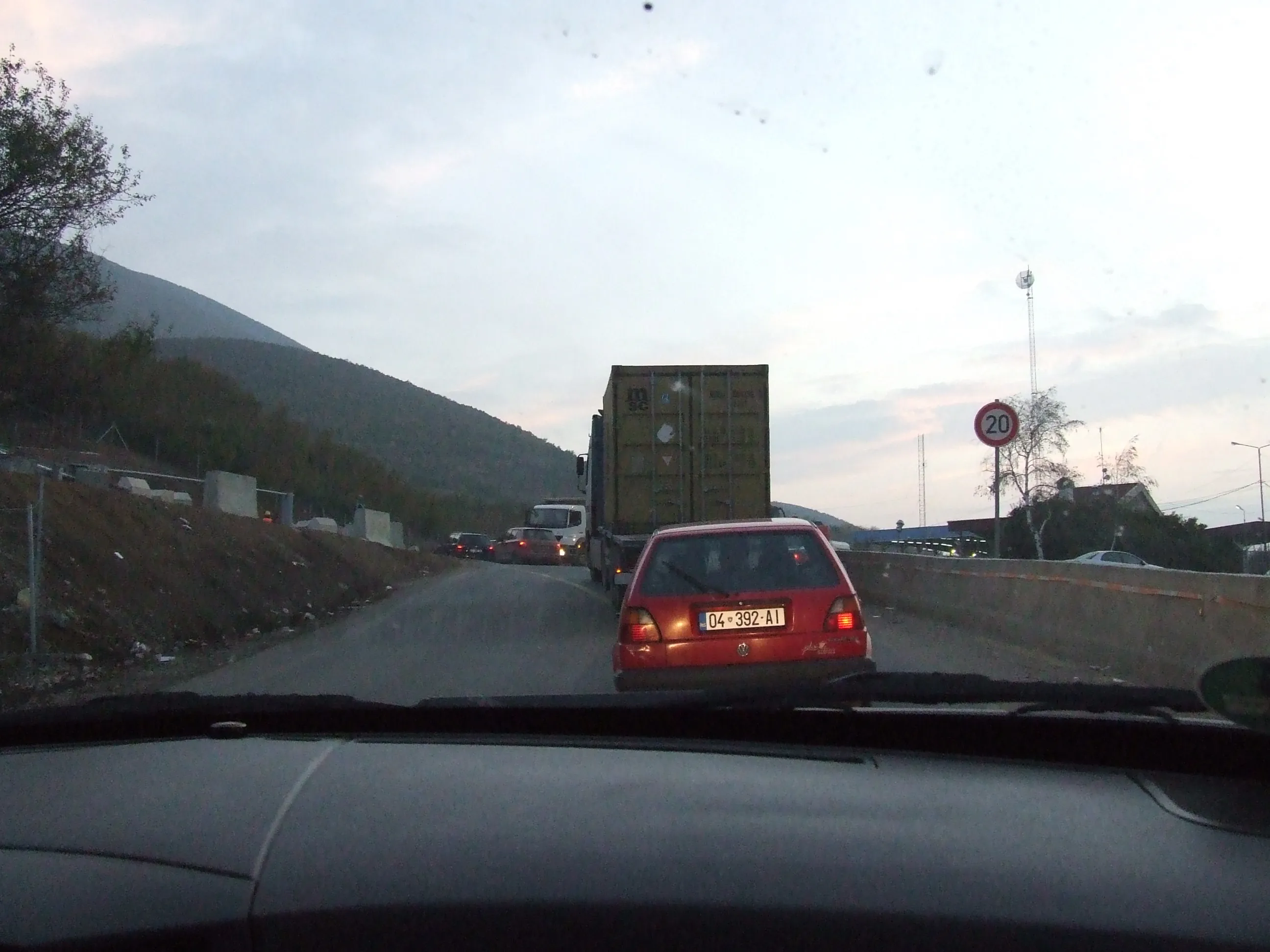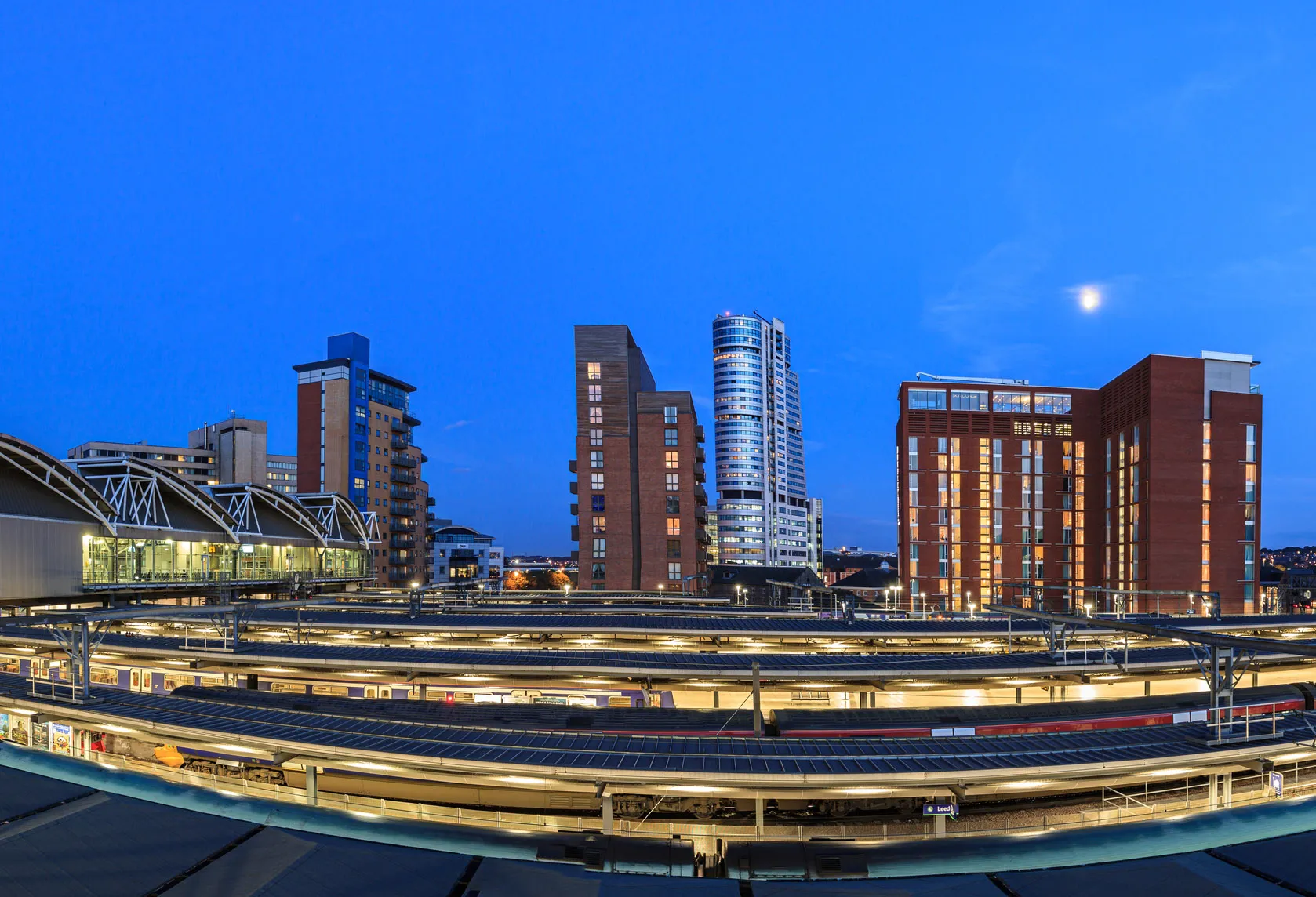
The European Commission presented its Green Deal in December last year, a comprehensive plan guiding the organisation’s climate policy strategy for the next five years. The final objective is to reach climate neutrality in 2050. The ERF, representing the road infrastructure sector, welcomes the Green Deal proposed by the European Commission and is committed to enhance further cooperation in its future deployment. Climate change represents a main challenge for the EU, requiring urgent action and collaboration between public authorities and businesses. We acknowledge and support the target of reducing greenhouse gas emissions by at least 50% by 2030 in order to achieve the EU's ambitious carbon neutrality objective in 2050. European and national public authorities can rely on the commitment of our businesses to provide the technical know-how to achieve it.
The European road infrastructure sector is a key player in achieving this objective by providing appropriate solutions to make the road environment and infrastructure more sustainable, thus contributing to the reduction of greenhouse gas emissions.
Moreover, our sector plays a substantial role in the socio-economic development of Europe: some 81% of the inland passenger transport and 73% of the inland freight transport are carried by roads. Therefore, our involvement in future policies is crucial in order to ensure a sustainable transition.
Sustainable infrastructure requires a low-carbon vision along the entire value chain, from the products used to build a long-life infrastructure to the service that the infrastructure provides to the citizens during its whole lifetime. In this respect, we support the plans of the European Commission to consolidate the circular economy approach by producing a new Circular Economy Action Plan in 2020 to reduce the use of natural resources while promoting the reuse and recycling of materials.
Asphalt and concrete industries can facilitate the completion of this plan, considering their predominant role in the road sector. Moreover, sustainable road infrastructure is adapted to - and helps to mitigate - climate change. Therefore, infrastructure planning must follow a life cycle approach. This entails systematic maintenance, preservation and upgrade actions during the operational phase of the infrastructure for reaching sustainability targets.
We expect EU decision-makers to give higher priority to the maintenance, preservation and upgrade of the infrastructure in future policy and funding programmes. This should be done together with the revision of the TEN-T Regulation and the necessary earmarking of the road pricing revenues.
Given the importance of climate change and the 2050 goal, the current downward trend in public sector road infrastructure investment is unsustainable and must be reversed. Otherwise, road infrastructure quality will continue to decrease and with considerable socio-economic and environmental consequences.
A digital infrastructure is also one of the keys to the transformation of our economy. The adaptation of road infrastructure to future mobility trends, such as high-capacity charging stations and greater connectivity between the infrastructure and road users will allow for better planning and organising of road construction and traffic flow. This will minimise emissions, increase transport safety, optimise maintenance operations and contribute to the objective of decarbonising the European economy. Therefore, we expect the coming EU Industrial Strategy, the SME Strategy and the Strategy for Sustainable and Smart Mobility in 2020 to meet the challenges of the ecological and digital transformation.
Public authorities in the EU spend up to 14% of GDP on public procurement. Promoting green public procurement tools will contribute to the success of our future ecological transition. It is necessary to provide the authorities with the incentives, capacities and competences to choose innovative and environmentally friendly solutions. Current public procurement practices still lead most public contracts to be based on lowest price criterion without taking into account environment, climate or innovation.
With this in mind, we consider the European Commission’s initiative on the European Green Deal Investment Plan to be a step in that direction. It proposes mandatory minimum green criteria or targets for public procurement road contracts. Public authorities across Europe will be encouraged to integrate green criteria in their procurement processes to develop and apply reliable, clear and generally accepted life cycle methods.
Road infrastructure is at the core of Europe’s economy and socio-economic welfare for its citizens. It has a major role in making our global transport framework more sustainable and more carbon neutral. As the acknowledged “Voice of the European Road”, the ERF remains committed to providing its expertise and knowledge to attain this ambitious objective.









